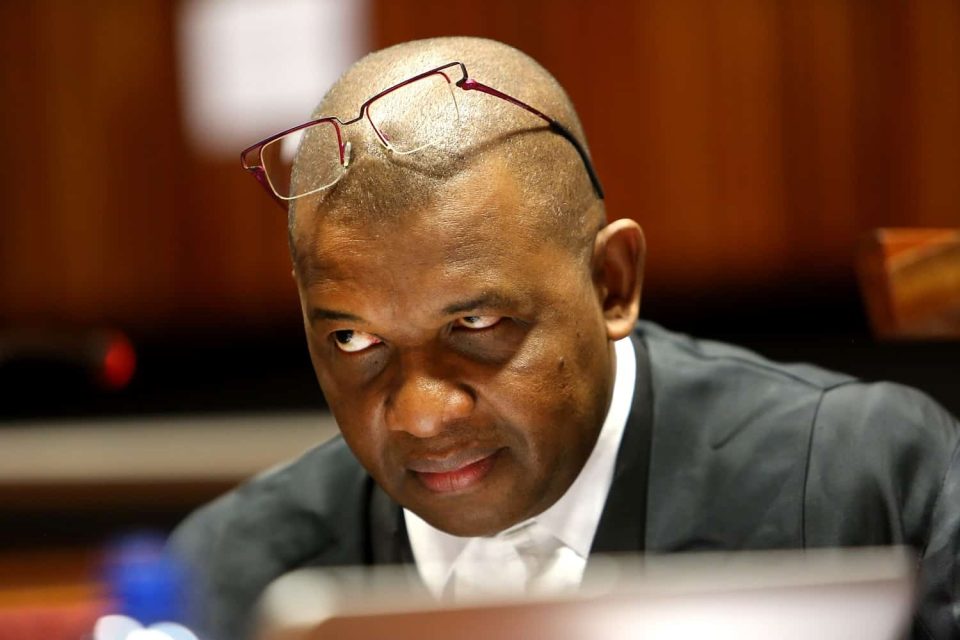THE SUPREME Court of Appeal (SCA) is expected to hear an appeal on the release of former president Jacob Zuma from prison on medical parole.
The hearing is expected to take place on 15 August, with heads of arguments being filed on 1 June and 1 July.
The appeal comes after former national commissioner of correctional services Arthur Fraser’s decision to release Zuma on medical parole.
The Department of Correctional Services filed an application to appeal a ruling that Fraser’s decision to release Zuma on medical parole was unlawful and that he should return to prison.
The two parties are appealing Judge Elias Matojane’s ruling that Zuma should return to prison and serve his sentence afresh.
Matojane wanted the former president to serve the 15-month term he was sentenced to last year by the Constitutional Court.
Zuma was found guilty by the apex court after he failed to appear before the Zondo Commission into state capture.
He was later granted medical parole by his ally and then national commissioner of correctional services Arthur Fraser.
Matojane rescinded Zuma’s medical parole and said it was unlawful.
The court granted Zuma and the department leave to appeal the ruling in the SCA.
The department had filed papers claiming that it was “right” when it released Zuma from prison and that Fraser was justified in his decision.
Zuma and the department claimed that the former statesman was terminally ill and suffered comorbidities and therefore was eligible to be granted parole.
“Medical parole’s eligibility for Mr Zuma is impelled by a medical report received by the Department of Correctional Services. Apart from being terminally ill and physically incapacitated, inmates suffering from an illness that severely limits their daily activity or self-care can also be considered for medical parole,” the department said in a statement on the decision to release Zuma.
The department ordered Zuma to complete the remainder of his sentence at home.
The department claimed that he “must comply with [a] specific set of conditions and be subjected to supervision until his sentence expires”.
Upon hearing the news, the DA challenged the medical parole and threatened to submit an application in terms of the Promotion of Access to Information Act (PAIA) for the records of the parole board that granted Zuma parole.
The IFP’s Mkhuleko Hlengwa said the matter was personal and involved Zuma’s health, while AfriForum viewed the parole as a violation of justice.
Zuma was incarcerated in July after he handed himself over at the Estcourt Prison in KwaZulu-Natal.
Two months into his 15-month sentence, he was released on medical parole.
Hardly a month into his jail term, Zuma was classified as a low-risk inmate and was allowed to attend his brother’s funeral in Nkandla.
His arrest led to unrest in KwaZulu-Natal and Gauteng, which led to many people losing their lives while businesses severely affected.
Image (SC Dali Mpofu, fighting to get Zuma a medical parole).

